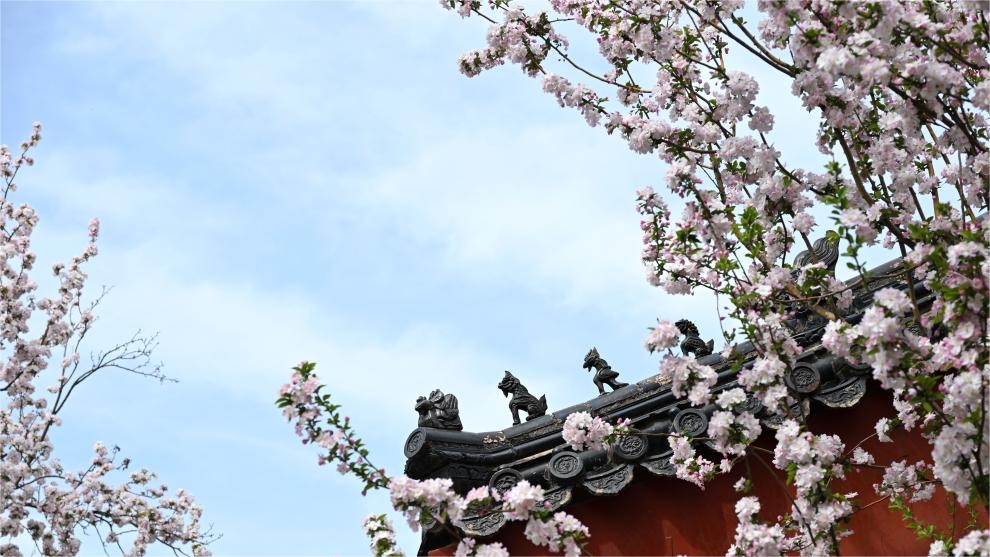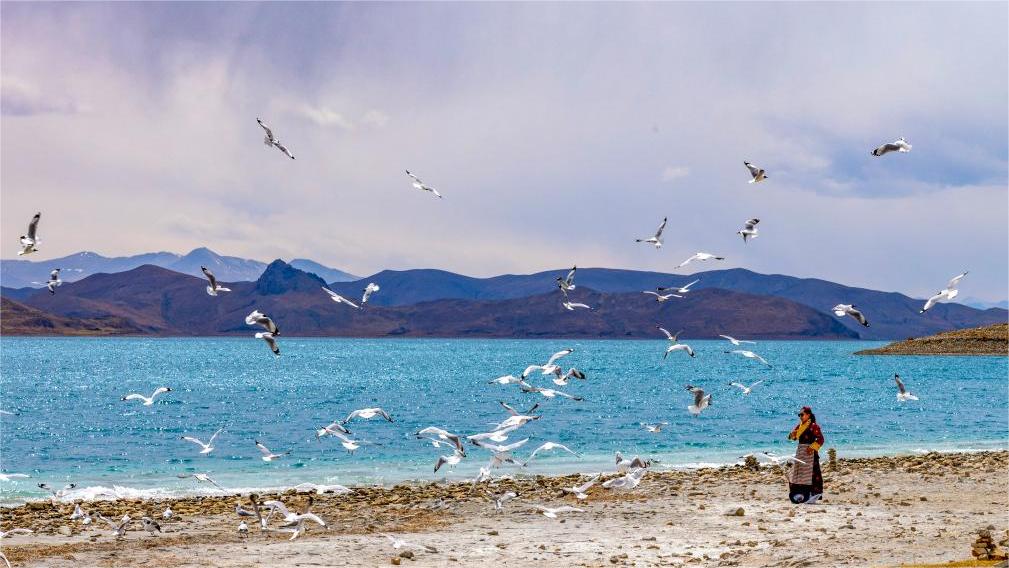ISO establishes new secretariat in China for cultural heritage conservation
The International Organization for Standardization (ISO) has established a new technical committee for cultural heritage conservation (ISO/TC 349), according to a recent announcement made by China's State Administration for Market Regulation.
The new agenda's secretariat will be based in Beijing, China.
Cultural policy expert Song Weiping told the Global Times that the decision will have a positive impact on "China's rich cultural heritage resources, its growing and perfecting management mechanism, and also the country's technological growth."
The new ISO committee aims to further forge a global consensus on the conservation of cultural heritage. It aims to form standardized international terms that can be applied in cultural heritage management, such as the protection and restoration of cultural relics as well as the applied materials and equipment using for heritage conservation.
Li Hasi, a cultural industry researcher in Shanghai, explained to the Global Times that the new agenda will serve as a "sharing platform," bringing together specialties from various countries and regions to collectively safeguard cultural legacies.
"Taking Italy as an example, the country, much like China, possesses rich historical heritages. However, its management practices and conservation standards differ from those in China. Thus, the new committee can facilitate the exchange of resources between the two nations," Li told the Global Times.
Including China and Italy, ISO/TC 349 comprises a total of 29 global participants such as Germany, France, the UK and Finland in Europe, as well as Kenya and Benin in Africa.
Those countries, especially members such as Egypt, are living proof of human being's ancient civilizations.
Xue Ruiming, an archaeologist specializing in Western Han Dynasty (206BC-AD25) Ancient Silk Road research, told the Global Times that he hopes the new Beijing secretariat can be a "resource hub for providing researchers with opportunities for international cooperation."
Xue also emphasized that learning internationally reckoned standards on cultural heritage conservation can help Chinese experts to "communicate better with international academia."
"I hope it is informative and open to researchers, so we can find how other peer researchers conduct their work in their own cultural context. Our work is hugely based on experience, so we need to learn and have exchanges," Xue told the Global Times.
Another 13 countries, including Denmark, Singapore and the US, have joined the initiative as observers. These countries will come together to share their experiences in cultural heritage conservation. Such a global cultural community is also dedicated to coping with challenges that emerge during legacy conservation such as natural disasters.
Founded in 1947 in London, the UK, the ISO is a non-governmental organization that develops worldwide standards. It is also a coordinating body of the World Trade Organization (WTO).
The ISO covers numerous niche aspects such as environmental management standards, energy management standards, food safety standards and IT security standards. All members of ISO are representatives from member countries' national standards organizations.
China, being a member to this international community, has made its own contributions.
Under the category ISO/TR 37112 that focuses on sustainable cities and communities, the planning mechanism of China-Singapore Tianjin Eco-City was highlighted as a case study by ISO to exemplify how smart city operating models support public-health emergency response.
The China-Singapore Tianjin Eco-City boasts a "Smart Management Map." It integrates data information with resource planning spatial information to form data on sectors such as vehicles, enterprises and constructions sites.
These sectors have corresponding management functions. The map combines with another big data information facility called the "City Brain," which can provide efficient analysis of emergencies and strategies and provide solutions for them.
"This is why we say China's technological advancement is valuable for the world's sustainable and smart growth. The country's technology has permeated through various sectors, and this is our development strategy to share with the world," Song told the Global Times.
Photos
Related Stories
- China's top procuratorate announces cultural artifacts, heritage protection cases
- Young Chinese devoted to protecting agricultural heritages
- China, U.S. extend MoU on preventing illegal importation of Chinese cultural artifacts
- Explore the artistry of a village known for palace lantern manufacturing
- Pic story: NPC deputy promotes scientific research, personnel training of Yungang Grottoes
- School in S China's Guangxi integrates intangible cultural heritage into physical activities
Copyright © 2024 People's Daily Online. All Rights Reserved.









